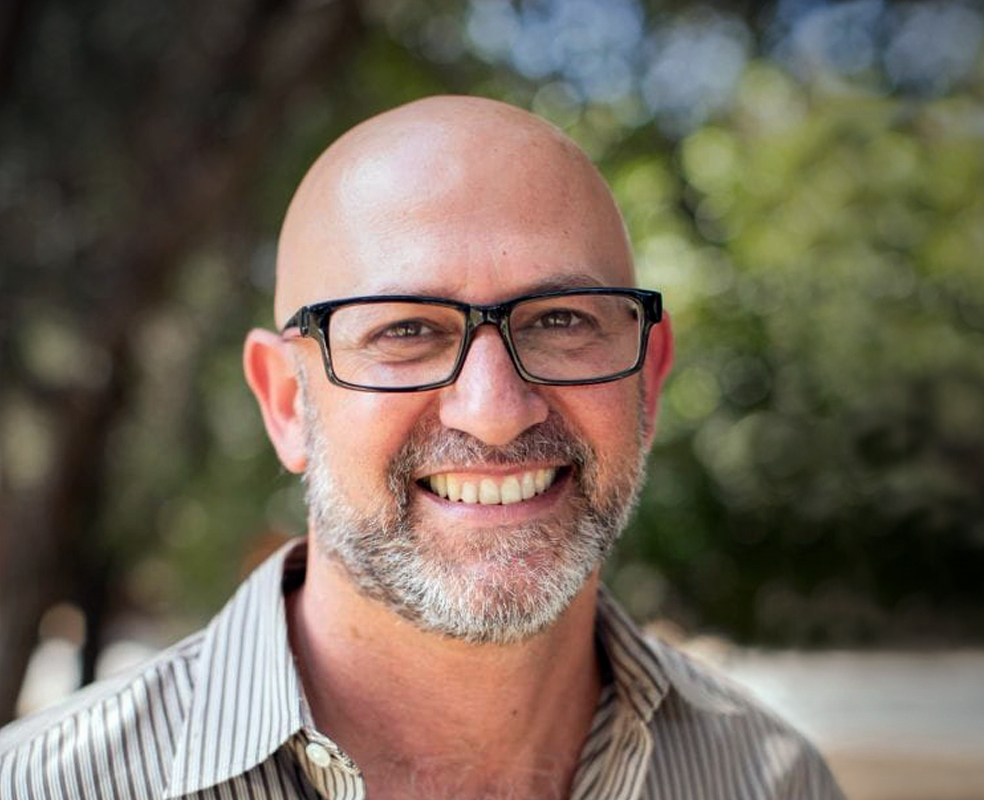A Model for Refugee Hosting
Guy Grossman, Professor of Political Science, investigates the effects of Uganda’s refugee-hosting reforms on preventing public backlash.
There are roughly 26 million refugees in the world. Uganda is the largest refugee-hosting country in Africa with approximately 1.5 million refugees, largely from South Sudan. Professor of Political Science Guy Grossman has spent over 15 years conducting research in Uganda and recently co-authored a new paper in World Development titled “Inclusive Refugee-Hosting Can Improve Local Development and Prevent Public Backlash” that finds Uganda may be a model for the rest of the world for refugee-hosting, particularly for low-income countries.
“I embarked on this research because I noticed, having spent considerable time in Uganda, that the country had an inclusive refugee policy without seemingly experiencing the negative backlash that we’ve seen in other places like Europe where its citizens may perceive refugees as competing for jobs and resources,” says Grossman, who is Academic Director of the Penn Development Research Initiative.
Together with Yang-Yang Zhou of the University of British Columbia and Shunning Ge of MIT, Grossman studied the effects of Uganda’s inclusive refugee-hosting policies—freedom of movement, the right to work, access to social services, and the provision of small plots of land—and attitudes towards migration in Uganda from 2001 to 2020.
Specifically, the researchers looked at two different periods in Uganda's history of refugee hosting: before and after significant reforms that began in 2003. Grossman explains, “In 2003-05, the Ugandan government decided that international aid that goes to host refugees needed to be used in a way that took into consideration the needs of the local population, and they did that in two ways that are quite entrepreneurial in nature and unique from a kind of regulatory perspective.”
First, Uganda created a 70-30 rule that states that 30 percent of the aid money allocated for refuges must be spent on the local population who are hosting refugees. Second, the money must be spent on projects that reflect the input and needs of the local host community. Grossman says, “Instead of the World Bank just building a school, for example, improvements must now be part of the local development plans of the government Ministries or the district local government. This can prevent a lot of inefficiencies and ensures improvements align with the needs of the local population.”
Using data that combined geospatial information on refugee settlements with original longitudinal data on primary and secondary schools, road density, health clinics, and health utilization, the researchers found that, after reforms, communities with greater refugee presence benefitted from humanitarian aid provided for refugee hosting. The host communities that were located closer to larger refugee settlements experienced substantial benefits, such as improved public-school access, greater access to health clinics, more health utilization, and more road density. The researchers also found that, even after the 2014 arrival of over one million South Sudanese refugees, there was no public backlash to refugee settlement.
“Ultimately, when citizens feel that their needs are considered, there is less pushback and more acceptance of refugees,” says Grossman.
These results have implications for other refugee-hosting countries. According to Grossman, “85 percent of refugees are hosted in developing countries like Uganda. The country can truly act as a model for other low-income countries experiencing a large incoming refugee population.”
While Grossman considers Uganda a model for refugee treatment and policy, he explains that there is a “dark side” to consider as well.
“We also can’t be naïve. Uganda is not a democracy. It’s ruled by an autocrat, elections are not considered free and fair, and the international community is pouring money into the country because—if we are honest—a lot of Europeans don't want brown and black refugees there,” says Grossman. “It’s wonderful that refugees are hosted well, and the needs of the population are considered in Uganda, but it should also be said that international support of refugees there is making an autocratic regime more durable.”
Grossman is currently working on research on prejudice reduction in Uganda.



